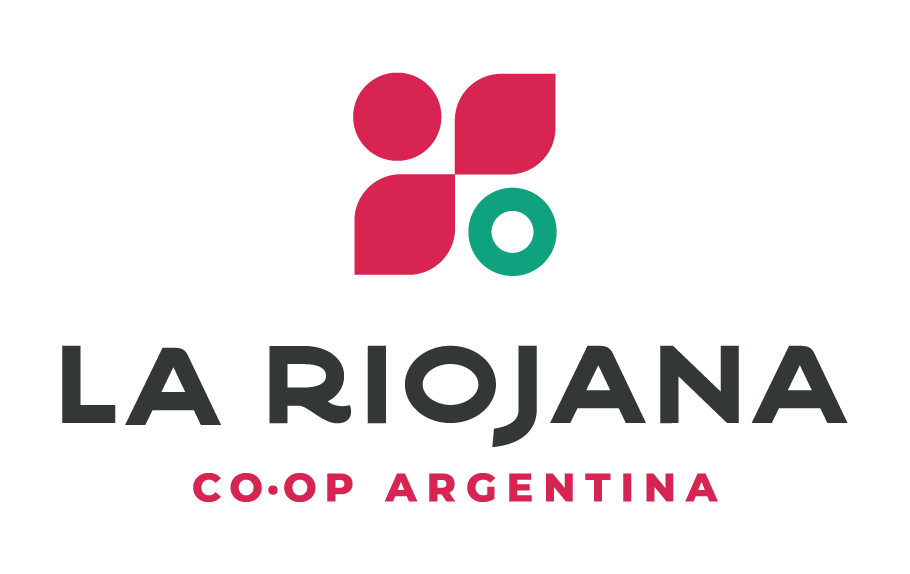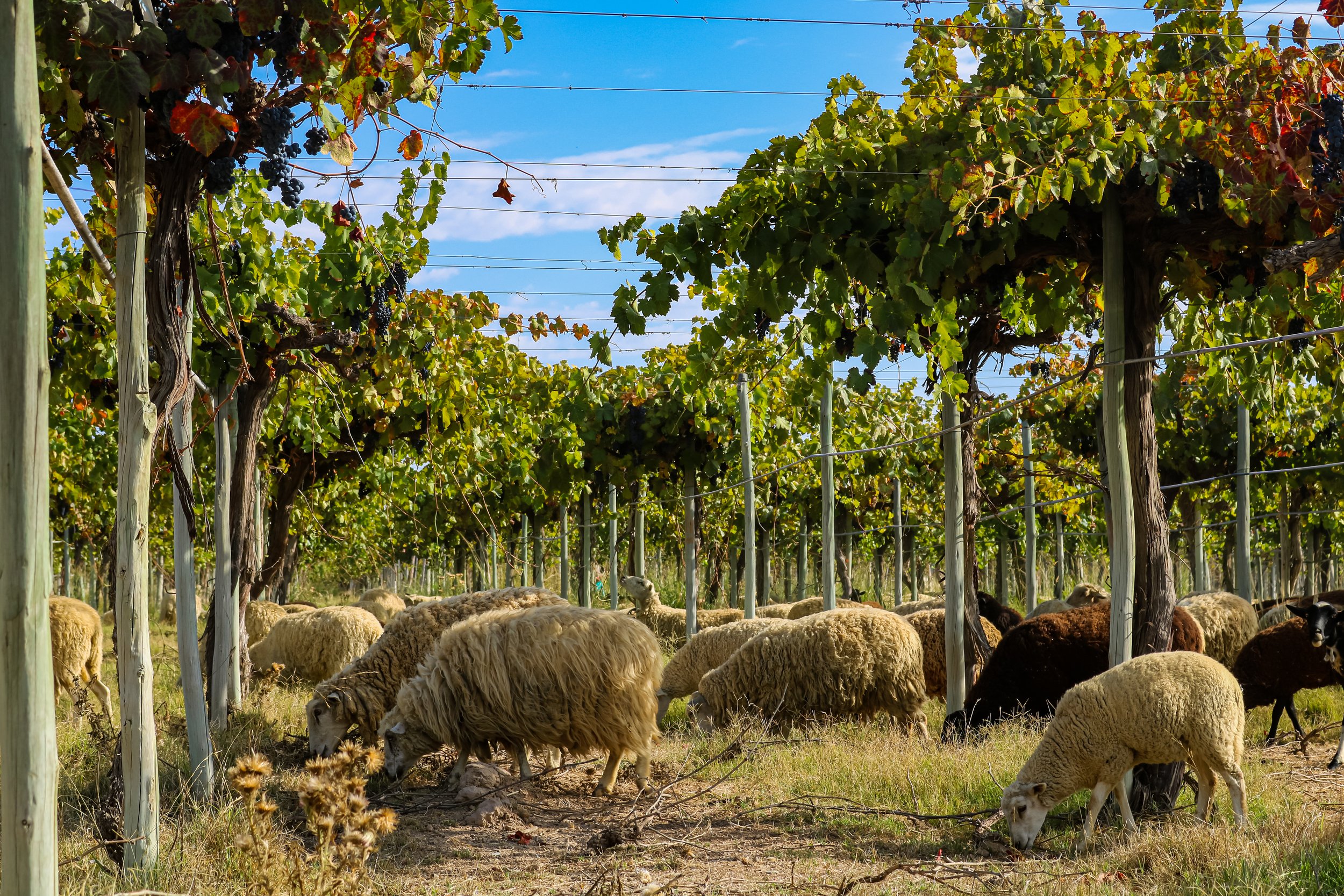What is Biodynamic Wine?
/Biodynamic wine is produced using a holistic, ecological, and ethical approach to farming that originated in the 1920s and is based on the spiritual science philosophy developed by Austrian philosopher & scientist Rudolf Steiner.
Biodynamic viticulture recognises the interconnection between all living things and the consequent need for biodiversity and sustainability. These are factors that it shares with the organic agricultural movement, along with no chemical intervention (meaning that all conventional agrochemicals and fertilizers are absolutely forbidden).
For a wine to be labelled “biodynamic” it must meet standards laid down by Demeter, the world’s only certifier of biodynamic farms and products.
The backbone of biodynamic agriculture is organic agriculture and the rules for growing biodynamic grapes are the same as the ones followed for growing organic grapes, however there are some key differences.
What Makes Biodynamic Different to Organic?
The easiest way to think about biodynamic wine is as “organic plus”. All Demeter-certified biodynamic vineyards must be previously certified as organic and much like organic wine, biodynamic wine is made without any artificial ingredients.
However, in the case of the biodynamic wine grower, he must also treat the vines and soil with special biodynamic preparations made from natural ingredients to restore and maintain healthy soils and vegetation and must refrain from (or significantly limit) practices such as irrigation and tilling.
The key difference between organic and biodynamic viticulture is that biodynamic has the added dimensions of the cosmic background, where the vineyard and winery operations are governed by positions of the planets and phases of the moon. A vineyard assigned to biodynamic production is not seen as an isolated piece of land, engineered for the sole purpose of growing grapes, but as part of the planet and solar system, where winegrowers use the biodynamic calendar, which follows the moon phases through the zodiac, as a tool to determine the best times for planting, watering, harvesting, and resting.
To make biodynamic wine the grapes must be fermented into wine according to Demeter’s processing standards, which are similar, but stricter than those for organic and focus on encouraging winemakers to make their wines as naturally as possible and with minimal environmental impact (i.e., water, energy use etc). In the case of biodynamic wine, there are no added sulphites, sugar or other additives and only natural yeasts are allowed to ferment the wine.
Does biodynamic wine have sulphites?
Sulphites are a natural by-product of the fermentation process and therefore a wine without sulphites doesn’t exist. However, the main concern is whether the sulphites are naturally occurring or chemically created.
The sulphites limit in biodynamic wine is up to 100 ppm (parts per million) whereas the limit is up to 350 ppm in a conventional wine.
(Source: www.biodynamic.co.uk / www.demeter.net)


